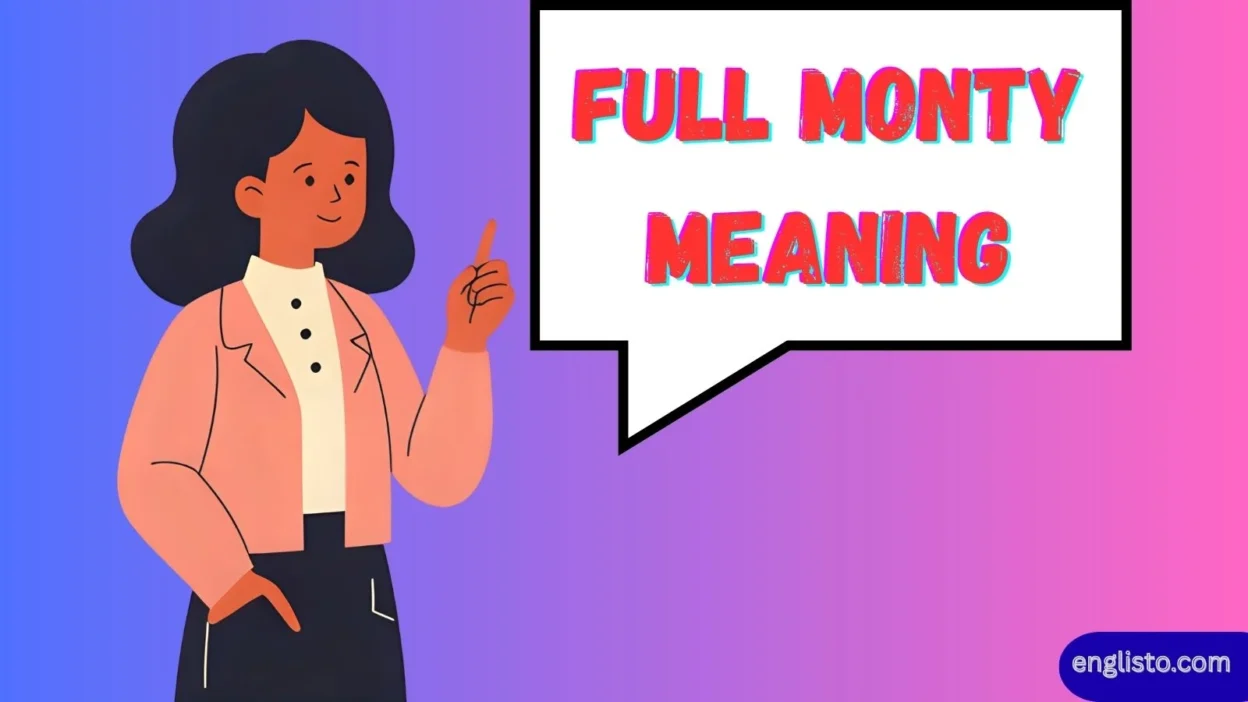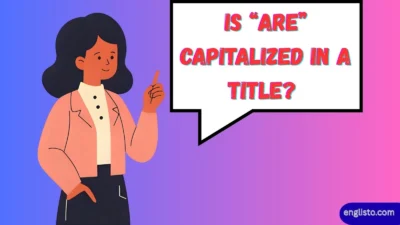Language is full of colorful idioms, and “the Full Monty” is one of those quirky expressions that instantly sparks curiosity. For many, the phrase carries echoes of British humor, hearty breakfasts, or even the iconic 1997 film. But what does it really mean? Where did it come from? And how can you use it naturally in conversations, business presentations, or even everyday chat? Full Monty.
In this guide, we’ll dive deep into the meaning, origins, usage, and examples of “the Full Monty.” Along the way, we’ll explore its cultural roots, compare it with similar idioms like “the whole nine yards,” and highlight how the phrase continues to thrive in modern speech.
Meaning of “The Full Monty”
At its core, “the Full Monty” means:
- Doing something completely, without holding anything back.
- Getting the entire thing, including all extras, details, or features.
- Going all the way, whether in effort, performance, or commitment.
In British English, the phrase often implies the maximum level of something: not just enough to get by, but the absolute best or the complete package.
Here’s a quick breakdown of meanings in different contexts:
| Context | Meaning | Example |
| Food | A complete, hearty meal with all sides | “The café serves a Full Monty breakfast with eggs, bacon, beans, toast, and mushrooms.” |
| Services | A package including every available feature | “The spa treatment was the Full Monty—massage, facial, sauna, and champagne.” |
| Effort | Doing something thoroughly, no shortcuts | “The athlete gave the Full Monty in the final match.” |
| Information | Providing every detail | “The minister gave reporters the Full Monty during the press briefing.” |
| Everyday talk | Going all-out, nothing left behind | “She decided to give the party the Full Monty—fireworks, DJ, and gourmet food.” |
In short, it signifies completeness, from start to finish.
Read More: My Way or the Highway Idiom Definition: Meaning, Origin, and Real-Life Usage
Origins of the Phrase
The origins of “the Full Monty” are mysterious and hotly debated. Several fascinating theories compete:
Montague Burton Suits
One of the strongest theories ties the phrase to Sir Montague Burton, a famous British tailor. Returning soldiers after WWII were offered a “demob suit” package, which included a jacket, trousers, waistcoat, and extra trousers. Getting the full set was called “the Full Monty.”
Field Marshal Montgomery
Another theory suggests it came from Field Marshal Bernard Montgomery, the WWII commander. He was known for his large breakfasts before battle. Soldiers joked about having “the Full Monty” when eating a meal with all the works.
Spanish Gambling Connection
Some linguists link it to the Spanish card game “monte,” where the dream was to win the entire pot—the whole thing, much like the English idiom.
Cultural Adoption
The expression gained popularity in British slang during the 1980s and exploded into global recognition with the 1997 film The Full Monty, where unemployed steelworkers in Sheffield decide to go “all the way” as striptease performers.
Usage of “The Full Monty”
The beauty of this phrase lies in its flexibility. It works in casual chats, marketing slogans, business settings, and even gourmet menus.
Everyday Conversation
- “I ordered the Full Monty breakfast. Couldn’t move afterward!”
- “They went the Full Monty with the wedding—live music, gourmet buffet, and fireworks.”
Business & Services
- “Our customer package includes the Full Monty: 24/7 support, free updates, and premium features.”
- “During the presentation, the manager gave the Full Monty on the new project.”
Sports & Performance
- “The team gave the Full Monty in the final—high energy, no holding back.”
- “She went the Full Monty in her portfolio, showcasing every skill and achievement.”
Journalism & Press
- “The press conference revealed the Full Monty—every detail reporters had been waiting for.”
Examples in Real Life
Let’s paint some vivid scenarios:
- Renovated Home: “They didn’t just repaint the house; they went the Full Monty, replacing plumbing, rewiring, and redesigning the kitchen.”
- Buffet: “The hotel buffet offered the Full Monty—dozens of dishes, a chocolate fountain, and desserts from every continent.”
- Technology: “When I upgraded my phone, I went the Full Monty—biggest screen, latest camera, and extra storage.”
- Personal Growth: “Her self-improvement program was the Full Monty: fitness, meditation, diet coaching, and career mentoring.”
Comparing “The Full Monty” with Similar Sayings
Different cultures have their own ways of expressing completeness. Let’s compare:
| Idiom | Region | Meaning | Example |
| The Full Monty | 🇬🇧 British English | The whole thing, with nothing left out | “She gave the Full Monty at the concert.” |
| The Whole Nine Yards | 🇺🇸 American English | Going the full extent | “He went the whole nine yards on his presentation.” |
| The Whole Enchilada | 🇺🇸 American slang | Everything included, often with humor | “The software package includes the whole enchilada.” |
| Lock, Stock, and Barrel | UK/US | Every part, totality | “He sold his shop lock, stock, and barrel.” |
| The Works | Global | With all extras | “I’ll take the burger with the works.” |
These idioms highlight the universality of wanting to describe “everything included” across languages and cultures.
The Phrase in British Pop Culture
“The Full Monty” became a household phrase largely thanks to the 1997 British comedy film, which turned the idiom into a global cultural symbol.
- Plot: Former steelworkers in Sheffield turn to stripping for money, promising to go “the Full Monty”—completely naked.
- Impact: The film highlighted pride, resilience, and humor, embedding the phrase deeper into worldwide vocabulary.
- Beyond Film: Today, you’ll find “the Full Monty” on café menus, music gigs, comedy shows, and even luxury service packages.
Modern Usage & Relevance
In today’s fast-paced world, “the Full Monty” still thrives because it conveys commitment, thoroughness, and all-in energy.
- Business: “Our premium subscription is the Full Monty—unlimited data, all features unlocked.”
- Personal Life: “She went the Full Monty on her birthday party—DJ, fireworks, and a gourmet cake.”
- Technology: “This update delivers the Full Monty—security fixes, new design, and extra tools.”
- Self-Improvement: Coaches often use it to describe total lifestyle makeovers.
It’s a phrase that feels equally at home in everyday chat and in serious business talk.
Grammar Notes and Synonyms
Part of Speech: Noun phrase (always with “the”).
Pronunciation: /fʊl ˈmɒnti/ (British), “fuhl MON-tee.”
Synonyms & Related Idioms:
| Synonym/Idiom | Nuance |
| The works | Includes extras, often in food or services |
| Lock, stock, and barrel | Everything, totality |
| The whole nine yards | American equivalent |
| The whole shebang | Informal, fun version |
| Nothing held back | Direct expression |
| All-in | Modern, sporty equivalent |
FAQs about “The Full Monty”
What does “the Full Monty” mean in slang?
It means going all the way, with nothing left out. It’s about completeness and thoroughness.
Is “the Full Monty” British or American?
It’s a British idiom, though Americans often use “the whole nine yards” instead.
Did the phrase come from the movie?
No, it existed earlier, but the 1997 film popularized it globally.
Can I use “the Full Monty” in business writing?
Yes. It works well in marketing, presentations, and service descriptions to imply “all-inclusive” or “premium.”
What’s the difference between “the Full Monty” and “the works”?
“The works” usually means extras (like toppings or features). “The Full Monty” implies the entire thing—nothing held back.
Conclusion
“The Full Monty” is more than a quirky British saying—it’s a phrase rich in history, culture, and everyday relevance. Whether you’re talking about a breakfast with all the trimmings, a business package that offers everything, or an all-out performance, the phrase captures the spirit of going all the way.
From WWII military breakfasts to Montague Burton suits, and from Sheffield striptease to global business jargon, it’s a living idiom that continues to evolve. If you ever want to impress, express completeness, or add color to your speech, don’t hold back—give it the Full Monty.

![Good Morning [Name]: Is There a Comma After “Good Morning”?](https://englisto.com/wp-content/uploads/2025/09/Good-Morning-Name-Is-There-a-Comma-After-Good-Morning-400x225.webp)

